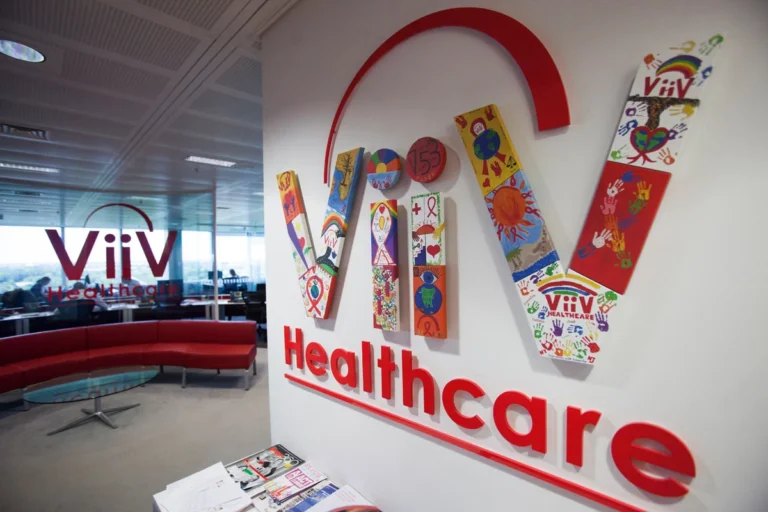
Cellworks Group Inc., a leader in personalized therapy decision support and precision drug development, has announced promising results from a study using its computational biosimulation to predict immunotherapy (IO) responses in non-small cell lung cancer (NSCLC) patients. By combining biosimulation with personalized tumor microenvironment (P-TME) modeling, the study demonstrated that this approach is highly effective in predicting IO responses, surpassing traditional markers like PD-L1 and TMB.
Findings from the study were presented at the ESMO Congress 2024 in Barcelona, Spain, highlighting how combining biosimulation with personalized tumor microenvironment (P-TME) modeling can predict immunotherapy (IO) responses in NSCLC patients. Himanshu Grover, Lead Scientist R&D at Cellworks, explained that while immunotherapy has shown success in treating NSCLC, existing biomarkers have limitations. The study aimed to improve prediction accuracy by modeling interactions between a tumor’s genomic profile and its microenvironment, offering a more personalized understanding of IO response.
Dr. Michael Castro, Cellworks Chief Medical Officer, noted that integrating genomic and transcriptomic data in biosimulation models enhances predictions, helping identify actionable targets to prevent immune evasion in cancer patients.
Study Design
The study used Cellworks computational biosimulation and whole exome sequencing (WES) data to predict outcomes for NSCLC patients treated with immunotherapy. Bulk transcriptomic data was deconvoluted into personalized tumor microenvironment (TME) cell fractions using an algorithm. This integrated genomic and transcriptomic data helped predict IO signaling pathway disruptions and drug response.
Results
Researchers analyzed data from 59 NSCLC patients and identified 19 distinct TME cell types. A strong correlation was found between the ratio of CXCL9+IFN+ M1-like macrophages to SPP1+CD163+ M2-like macrophages and progression-free survival (PFS). The Tumor Cell Proportions (TCP) model, combined with the immunotherapy efficacy score, improved predictions of treatment success.
Cellworks Platform
The Cellworks Platform performs computational biosimulation of tumor behavior using multi-omic data to create personalized disease models. The platform simulates drug interactions with a patient’s tumor network, providing therapy response predictions. The Cellworks Computational Biology Model (CBM) includes over 6,000 genes, 30,000 molecular species, and 600,000 molecular interactions, and has been validated through numerous clinical studies.
About Cellworks
Cellworks Group, Inc. specializes in personalized therapy decision support and precision drug development. Its biosimulation platform predicts therapy responses using a Computational Biology Model (CBM). Cellworks is supported by major investors and operates facilities in California, Tennessee, and India.




